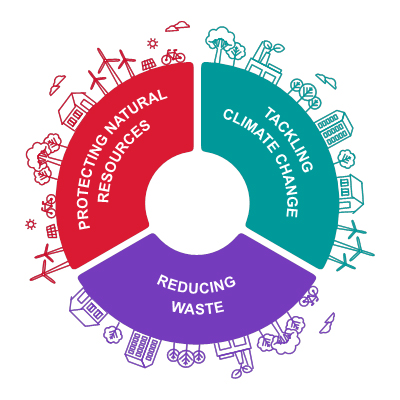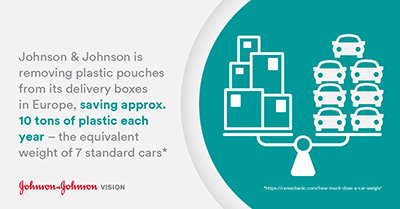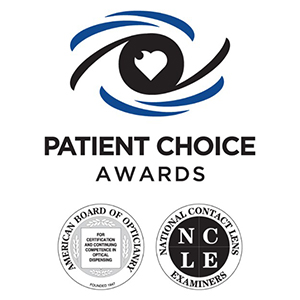 |
- All Acuvue brand contact lenses are now made with 100 percent renewable electricity—hitting the Johnson & Johnson Vision global climate goal of sourcing 100 percent of the company’s electricity needs from renewable energy two years early. Johnson & Johnson Vision has a production site in Limerick, Ireland, that is already powered by wind energy and now its headquarters manufacturing site in Jacksonville, Fla., has gone live with a new partnership to power it from 100 percent solar energy
- Johnson & Johnson Vision also removed the plastic pouches placed on the outside of all customer delivery boxes in Europe, saving approximately 10 tons of plastic every year. With new stickers on the outside, delivery notes will now be placed on the inside of the box alongside the product. Plans are under way to look at extending this initiative globally.
Reducing Carbon Footprint
J&J Vision is committed to achieving carbon neutrality in all its operations by 2030. To date it has:
 |
-
Saved 42,000 tons of CO2 per year through renewable and energy efficiency initiatives, equivalent to removing 9,074 cars from the road.
- Achieved both certification and recertification of ISO50001 standard for its energy management systems—including policies, targets, improvements and use of data.
Protecting the world's natural resources means everything from combatting deforestation—like sourcing paper packaging from sustainable forestry products—to reducing water usage and ensuring products don't end up in streams, rivers and oceans. Some initiatives include:
-
Ensuring all Acuvue contact lenses come in 100 percent sustainable paper packaging (box and leaflet) certified by either the Forest Stewardship Council (FSC), Programme for the Endorsement of Forest Certification (PEFC) or Sustainable Forestry Initiative (SFI).
- Exploring alternative ways to present and produce leaflets and materials, launching “Electronic Directions for Use” in markets where they meet regulatory guidelines.
- Implementing a new packaging design for several surgical vision products, which will see a reduction in packaging waste. Once implemented it will be utilized for all future products.
 |
Johnson & Johnson Vision is on a mission to limit landfill contribution through recycling efforts and by continuously exploring opportunities to reduce the environmental impact of its packaging. So far, it already is doing:
-
Recycling 90 percent of unused materials from Acuvue manufacturing sites.
- Launched the Acuvue contact lens recycling program in the U.K., in partnership with TerraCycle, which has seen over 8.5 million contact lenses, blister packs and foils recycled—and with a view to exploring ways to extend the scheme to other markets.
To find out more about J&J Vision’s sustainability efforts visit the web pages https://www.acuvue.com/sustainability or https://www.jjvision.com/corporate-social-responsibility.













